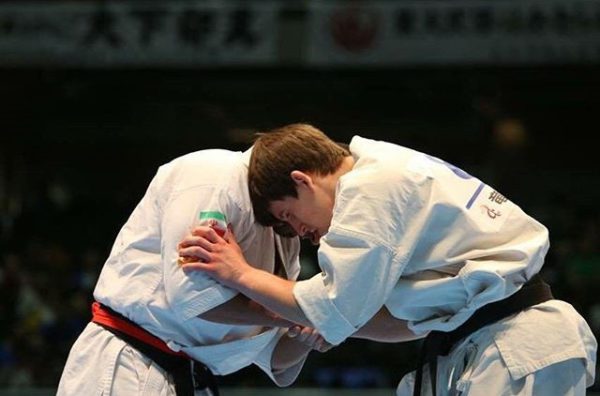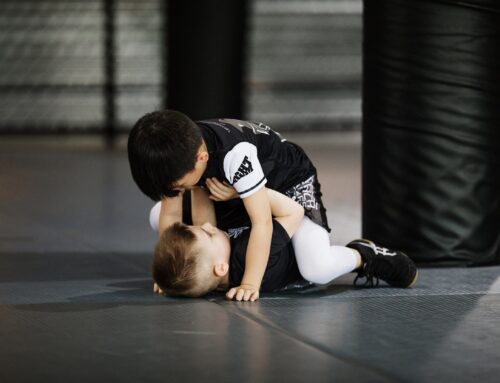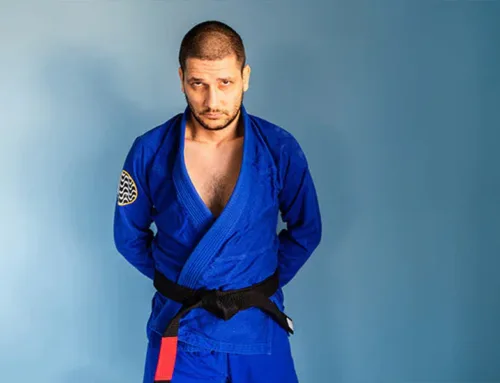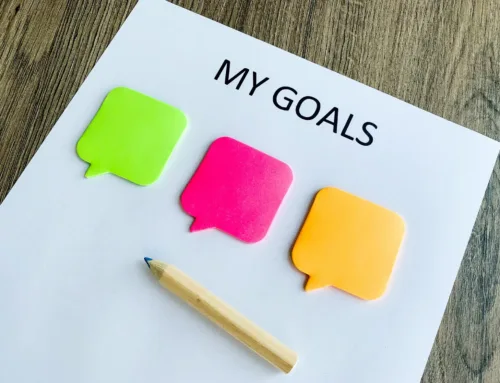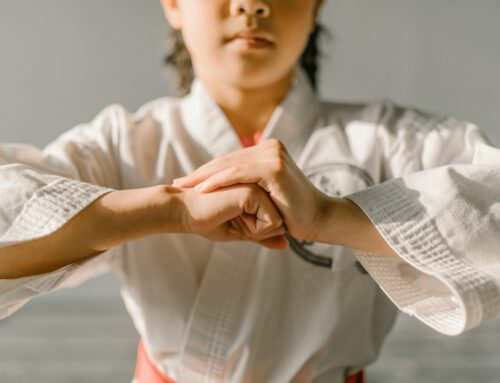Martial arts is more than just kicks and punches; it’s a powerful tool for teaching kids essential life skills. Through martial arts training, children learn respect and teamwork—two key values that support personal growth. These lessons extend beyond the training mats into everyday life, helping kids build stronger relationships with family and friends.
Understanding Respect in Martial Arts
How Martial Arts Instills Respect
Martial arts is about more than just learning to punch and kick; it’s a way to teach respect. From the first class, students learn to show respect to their instructors, classmates, and themselves. Bowing upon entering the dojo and thanking partners after a sparring session are simple yet powerful acts that reflect this discipline. Respect in martial arts is about recognizing the value of everyone involved, whether beginner or expert.
The training environment is built on trust and mutual respect. Students understand that respect is key to safely practicing techniques and learning effectively. It helps set the foundation for a positive learning experience. As they progress, students internalize respect, which naturally extends to other areas of their lives.
The Role of Instructors and Peers
Instructors play a vital role in modeling respect. They set clear expectations and demonstrate how to communicate with others graciously. An instructor’s example influences students greatly, teaching them the importance of listening carefully and responding respectfully. Through their leadership, respect becomes second nature to students.
Peers also contribute significantly to learning respect in martial arts. Working together requires partners to show empathy and understanding. Students learn to appreciate each other’s strengths and weaknesses, promoting a supportive atmosphere. This peer interaction helps solidify respect as a core value, encouraging personal growth and a cooperative spirit.
Teamwork Skills Through Martial Arts Training
Group Activities and Pair Drills
Martial arts training often includes working in groups or pairs, which builds teamwork skills. Group activities might include practicing new techniques together or participating in drills that require team coordination. Pair drills, like partner stretching or sparring practice, demand clear communication and synchronization. It’s through these activities that students learn to rely on one another.
In pair drills, both participants assume roles that allow practice and learning. Whether acting as the attacker or defender, cooperation is essential for a successful practice. Students must understand their partner’s abilities, responding with adjustments to ensure safety and maximize skill development. This constant interaction nurtures valuable teamwork abilities, which are applicable beyond martial arts settings.
Supporting Each Other’s Growth
Through martial arts, students learn the importance of supporting their classmates’ growth. This involves giving constructive feedback and cheerfully celebrating others’ successes. Recognizing that everyone is on their own journey encourages empathy, turning students into cheerleaders for their peers. By fostering an environment where every member is eager to help each other improve, martial arts training becomes a shared mission.
Encouragement from peers boosts confidence and motivation. As students help each other succeed, they create strong bonds that enhance their teamwork skills. Working collectively cultivates a sense of belonging, instilling values of cooperation and support.
Real-Life Applications of Respect and Teamwork
Improving Interpersonal Relationships
Learning respect in martial arts translates to stronger interpersonal relationships outside the dojo. Practicing respect in training fosters patience, active listening, and empathy, essential skills for any relationship. Students learn to appreciate diverse viewpoints and communicate effectively, which enhances their interactions with friends, family, and colleagues.
When martial arts students carry these lessons into their daily lives, they become better at resolving conflicts and understanding others. Respectful communication leads to healthier relationships, and people respond more positively when treated with kindness and understanding. This skill set enables students to build trust and cooperation, making every interaction more meaningful.
Building Community Through Martial Arts
Martial arts can help create tight-knit communities by uniting people with shared goals. In a dojo, students of all ages and backgrounds come together to support one another. This spirit of camaraderie and shared learning extends into the broader community, encouraging inclusivity and mutual respect.
Participating in group classes, events, or demonstrations fosters a sense of belonging and pride. It also provides opportunities to meet new people and make lasting connections. By engaging with others through martial arts, participants contribute to a supportive community that values teamwork and collective growth.
Selecting the Right Martial Arts School for Kids
Key Qualities to Look For
Choosing the right martial arts school for kids is crucial for their development. Look for schools with qualified instructors who can teach both physical skills and core values like respect and teamwork. A good instructor will create a safe and encouraging environment that fosters learning and growth.
Visit the school and observe classes to ensure they offer age-appropriate training and have the necessary safety measures in place. A clean, organized facility with positive energy is a sign of a well-managed school. Don’t hesitate to ask about class sizes, as smaller groups often mean more personalized attention for each student.
Balancing Discipline with Enjoyment
While discipline is essential in martial arts, the school should also make learning enjoyable for children. Kids are more likely to stay engaged and motivated when the training is fun and inspiring. Classes that incorporate games, creative drills, and a sense of play can make a big difference in maintaining interest.
Look for a school that motivates students to reach their potential without undue pressure. A balance of discipline and enjoyment ensures that kids learn respect and teamwork while developing a passion for martial arts. This approach helps them grow both as martial artists and as individuals.
Conclusion
Respect and teamwork learned through martial arts extend well beyond the mat, enriching personal lives and building vibrant communities. Martial arts teach valuable life skills that help foster positive relationships and create a supportive environment. From understanding others through empathy and respect to forming meaningful connections, martial arts serve as a powerful tool for personal and social growth. Kids and adults alike benefit from these lessons, taking what they learn into the world to make it a better and more connected place. Choosing the right martial arts school is an integral part of this journey, setting the stage for lifelong learning and development.
At Pride Martial Arts Academy, we believe in nurturing respect and teamwork in all our students. Our programs emphasize personal growth and community involvement, helping each student to achieve their best, both in martial arts and in life. Visit us today to see how our unique approach can benefit you and your family, offering more than just martial arts training, but a path to becoming better individuals in every aspect of life.

